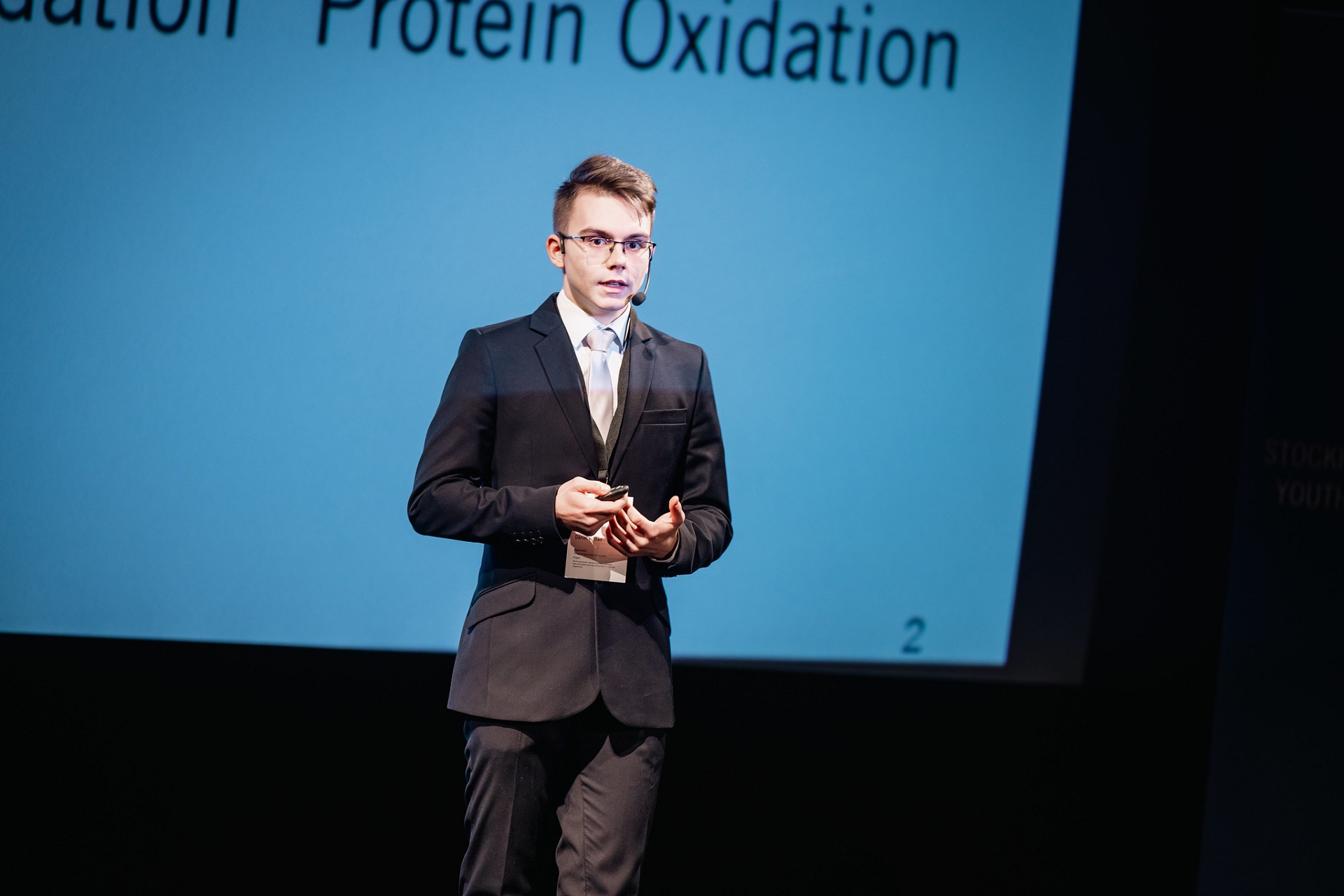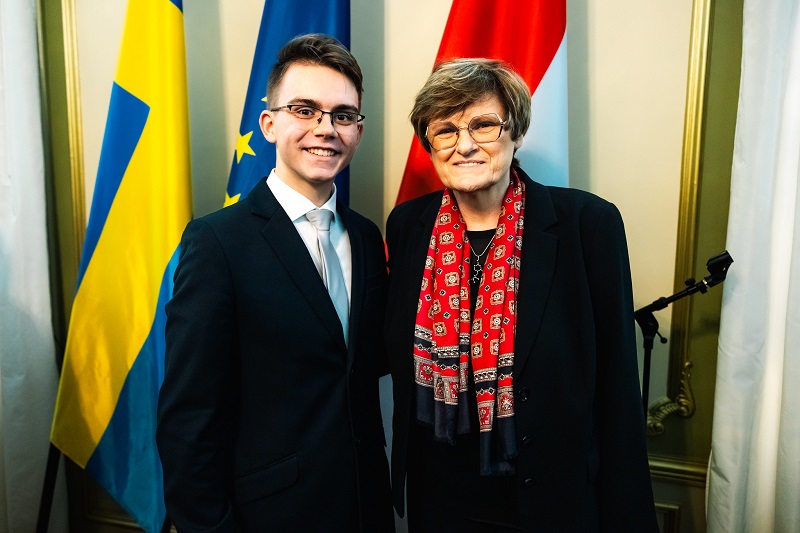
“Accessible, visually engaging, and packed with detailed animations!” This is how Dániel Viczián, a second-year student at the University of Szeged, described the Coursera mRNA course available on the online platform. Ahead of the international mRNA conference on November 7–8, 2024, students were encouraged to complete the course and share their feedback.
In anticipation of the Novo Nordisk mRNA Conference at the University of Szeged on November 7–8, 2024, we explored accessible options for quickly getting up to speed on the basics of mRNA technology. We found Coursera’s mRNAs as Medicines, a short, free course in English, to be the best introductory resource. We also reached out to Katalin Karikó to seek her opinion on the course, and she highly recommended it for educational purposes.
After completing the course, we encouraged students and PhD candidates at the University of Szeged to share the fresh insights they gained from this learning experience. Their feedback revealed that this concise course is a real eye-opener for those who previously only knew bits and pieces about mRNA-based therapies. Dániel Viczián, a second-year undergraduate chemistry student, also completed the course. Dániel has previously been featured in a few of our articles: he was the only student from Hungary honored with an invitation to last year’s Nobel Prize award ceremony in Stockholm, where he also gave a presentation on his field of study at the Stockholm International Youth Science Seminar – an event dedicated to science education as part of Nobel Week.

Dániel Viczián had the opportunity to connect with Katalin Karikó in Stockholm. Photo by István Sahin-Tóth
“I found the course incredibly valuable. It effectively covers the essentials of mRNA-based therapies in just 7-8 hours,” said Dániel Viczián about the course available on Coursera, the world’s largest online learning platform. He believes it addresses many common questions, including how mRNA technology works, what its benefits and limitations are, and which diseases it could potentially be used to treat.
“Why would you recommend the mRNAs as Medicines course to others?" we asked the chemistry student. He pointed out that the course is easy to follow, featuring clear explanations and detailed animations that aid comprehension. Here’s how he summarized the aspects he found most interesting:
“The first part of the course offers a comprehensive overview of protein biosynthesis in a way that is easy to follow even for those with limited background in chemistry or biology. I found the sections that highlight the mind-boggling scale of these processes particularly impactful. The electron microscope illustrations that capture incredibly fine details were equally impressive.
The second module explores how mRNA-based therapies work. For example, I learned how lipid nanoparticles, which mimic components of human cell membranes, address many of the weaknesses of mRNA’s molecules, such as instability and challenges in entering cells. These nanoparticles not only protect the mRNA but also boost treatment selectivity.
The third module covers the wide range of therapeutic possibilities offered by mRNA. It helped me grasp how this technology extends far beyond vaccines for viral infections, uncovering the vast array of fields it could potentially revolutionize in the near future. Among their many possible applications, mRNA-based therapies could target established tumors and restore proteins that the body either produces incorrectly or fails to produce due to genetic disorders.”
Dániel Viczián was eager to take the online course, recognizing it as a valuable resource to deepen his understanding of a transformative technology that is already reshaping therapies and impacting our daily lives.
“This course will help me stay on top of emerging innovations,” he said. “I also find the field professionally fascinating, as it has given me the chance to explore a groundbreaking technology in one of the largest sectors for chemists – the pharmaceutical sector.”
Dániel expressed his hope to attend the mRNA conference in Szeged, noting that while the event falls slightly outside his primary area of study, he sees it as a fantastic opportunity to broaden his scientific knowledge and perspectives.
Original Hungarian text by Imre Vida-Szűcs
Archive photos by István Sahin-Tóth
A real eye-opener: Coursera’s free course on mRNA
New advances in mRNA research spark hope – one year after Katalin Karikó’s Nobel Prize win
University of Szeged to host two-day conference on the ‘Swiss Army knife’ of medical science
Az orvostudományi fejlesztések svájci bicskájáról rendeznek kétnapos konferenciát az SZTE-n

